While we can’t claim to know the full details of Fermetco's internal challenges, some speculations can be gleaned from the documents shared by the court-appointed receiver, Ernst & Young (EY). These documents paint a picture of the difficulties the company faced in managing its inventory and operations. One significant issue may have stemmed from Fermetco's partnership with Costco(selling IGO and Quest Ebikes). Due to Costco's famously generous return policy, company was left with 2,222 returned bikes in varying conditions at their warehouse. Selling used bikes is challenging in the best of times, but with over 2,000 units piling up, the task becomes nearly impossible.

Image 2: Costco Return bikes.
Overstock Inventory
| Warehouse Names |
New-Dealer |
New-Costco |
Returns |
Prototypes |
| SLD Warehouse |
|
|
236 |
|
| 18Wheels Burnaby |
1273 |
93 |
3 |
|
| 18Wheels Missisauga |
954 |
720 |
3 |
|
| Fermetco |
10 |
|
284 |
42 |
| In transit (costco) |
|
138 |
|
|
| Lepine Whse-Dorval |
15 |
|
1696 |
5 |
| VK-Remco-Pitt Meadows |
|
89 |
|
|
| Total |
2252 |
1040 |
2222 |
47 |
Source: EY.com
Adding to the strain was an inventory of 3,292 new bikes at a time when the season was coming to an end. This significant stockpile suggests either overly optimistic sales forecasts or a slowdown in performance. Notably, 2,252 of these were latest models launched under IGO brand, launched just this year, indicating that the overstock wasn’t a lingering issue from the pandemic boom but rather a current-season misstep.
Another challenge revealed through an analysis of spare parts inventory was the lack of standardization across their product lines. Many parts were not interchangeable between different bike models, complicating inventory management and increasing operational overhead. Such inefficiencies, combined with the broader challenges of a highly competitive market, may have created an unsustainable situation for the brand.
What Can Customers Do?
For customers who own an iGO/Quest e-bike, the company's possible closure raises concerns about servicing, repairs, and spare parts availability. While the situation may seem daunting, there are still steps you can take to ensure your bike remains functional and enjoyable for years to come.
-
Reach Out to Your Dealer
If you purchased your e-bike through a dealer, they are often your best resource for technical support and spare parts. Many dealers have experience working with specific brands and can offer guidance on maintaining your bike or sourcing compatible components. They may also have leftover inventory of ebike parts or suggestions for suitable alternatives. Establishing a connection with your dealer is an important first step in keeping your e-bike running smoothly.
-
Explore Compatible Parts on the Market
While finding a replacement battery or motor might be challenging due to their proprietary nature, there are other ways to maintain or even enhance your e-bike. Searching for compatible parts—such as brakes, tires, or controllers—within the broader e-bike market can help address some maintenance needs. For those seeking a more comprehensive solution, a conversion kit might be a viable option. These kits allow you to retrofit your existing e-bike with a new motor, battery, and controller system, essentially reclaiming and revitalizing your bike for future use.
While company's possible closure has undoubtedly created challenges, it also highlights the importance of adaptability and the value of a strong support network. By taking proactive steps and exploring creative solutions, customers can continue to enjoy the benefits of their e-bikes and contribute to the sustainable mobility movement.
What Can Dealers Do?
For dealers who previously carried iGO/Quest brand e-bikes, the company's possible closure presents both challenges and opportunities. Supporting customers during this transition can not only help maintain trust but also position dealers as reliable partners in the e-bike community. Here are some steps dealers can take to navigate this situation:
-
Stock Up on Proprietary Parts
Dealers should consider sourcing and stocking proprietary components for iGO e-bikes while supplies last. Items like batteries, controllers, and display units are often the hardest for customers to replace due to their brand-specific designs. Having these parts on hand can help you provide better support to existing iGO owners and meet ongoing repair needs.
-
Source Common Components from Trusted Distributors
While proprietary parts may be limited, components like brakes, tires, drivetrains, and other standard parts are typically available through distributors such as LTP or HLC. Stocking these readily available components ensures that you can continue to assist customers with regular maintenance and repairs, even for non-proprietary issues.
-
Offer Expertise and Advice
As a dealer, your technical knowledge is a valuable resource for customers navigating the uncertainty of company's possible closure. Be prepared to guide them in finding compatible third-party parts or considering conversion kits to extend the life of their e-bikes. Proactively addressing customer concerns can strengthen your reputation and customer loyalty.
-
Communicate Proactively with Customers
Reach out to customers who purchased iGO e-bikes to inform them of the situation and the support you can provide. Offering transparency and a willingness to assist can build trust and turn this challenging period into an opportunity to deepen customer relationships.
By taking these steps, dealers can not only help ease the transition for iGO/Quest e-bike owners but also solidify their role as key players in the e-bike industry, demonstrating reliability and adaptability in uncertain times.








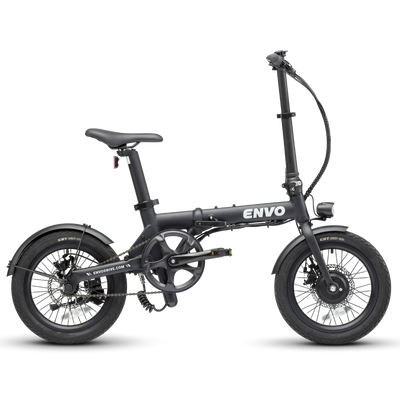

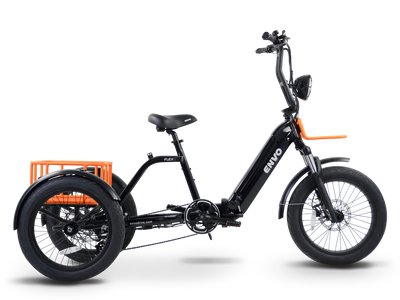
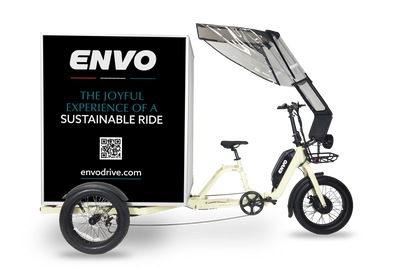

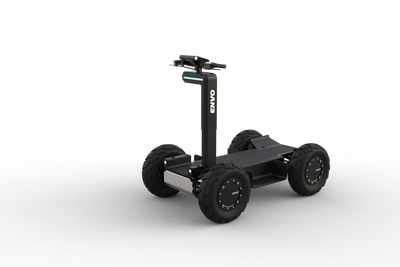
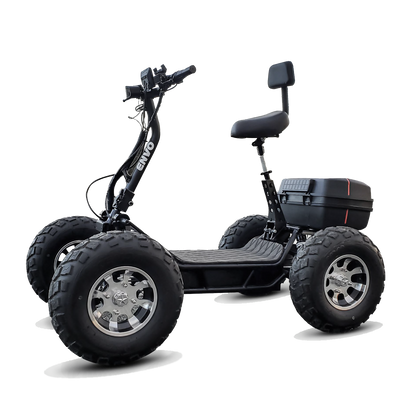
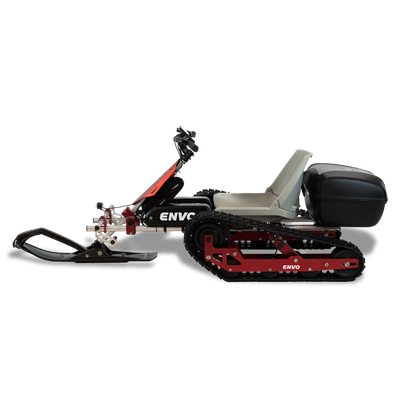
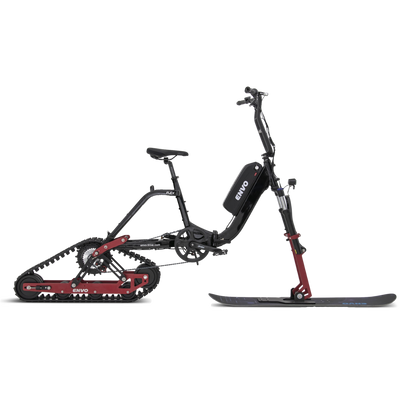

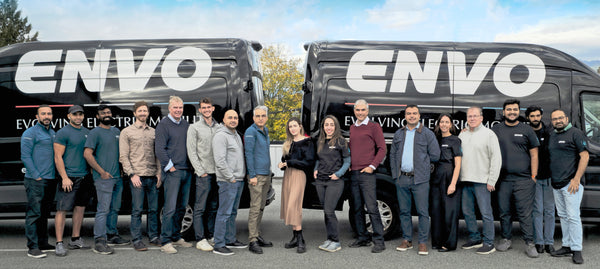
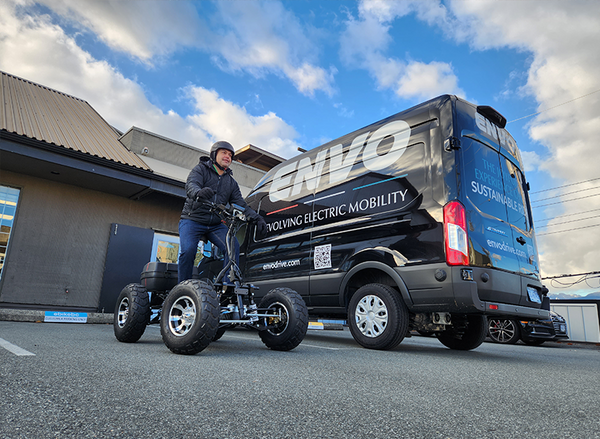
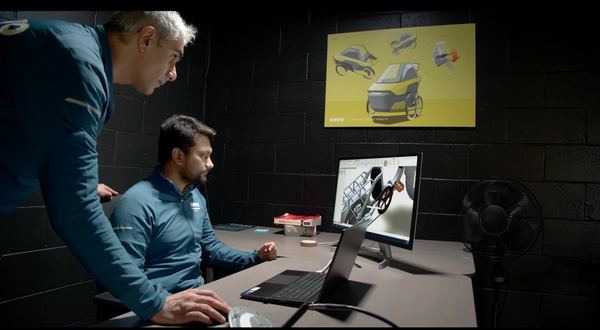
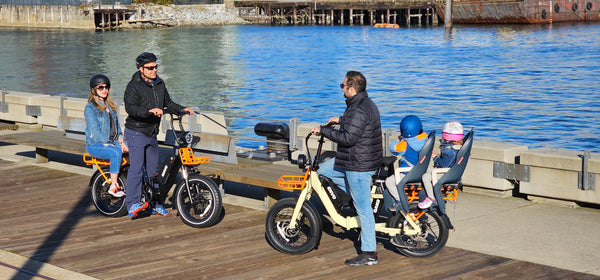
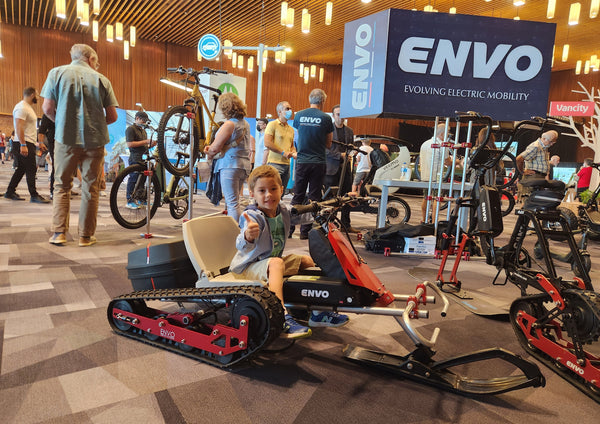
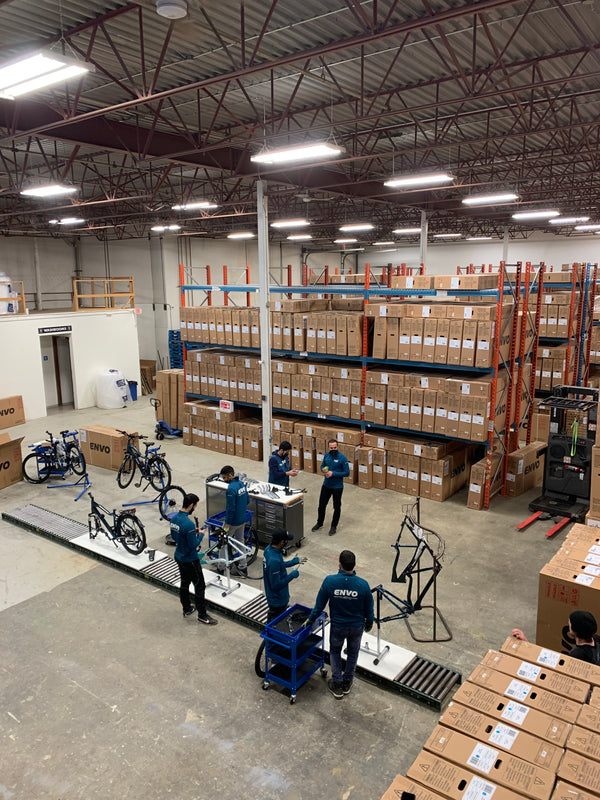
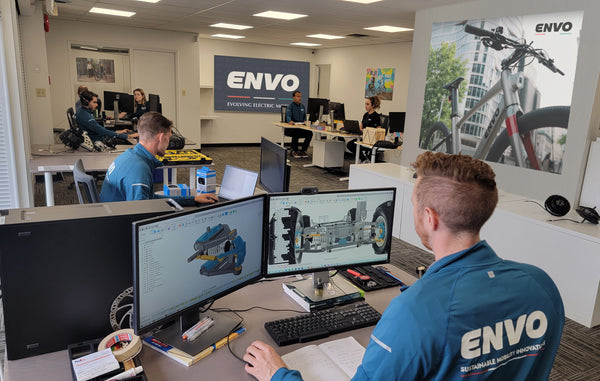
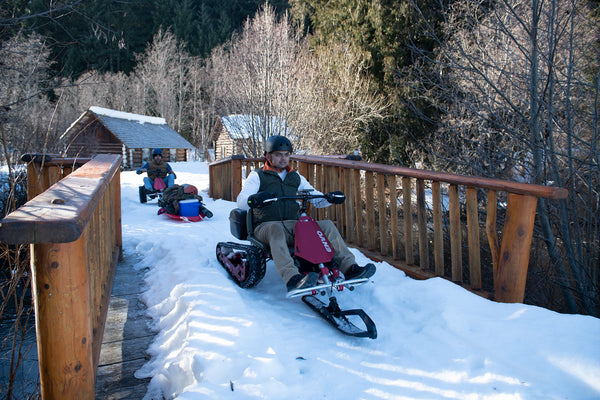
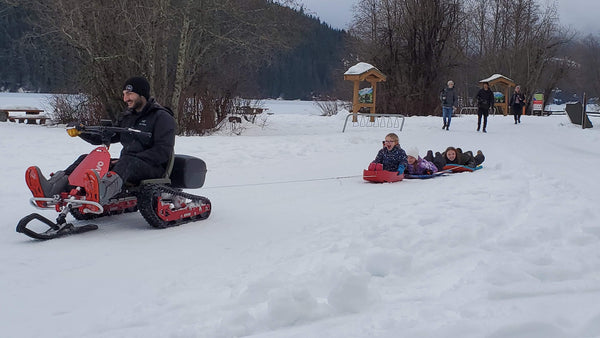
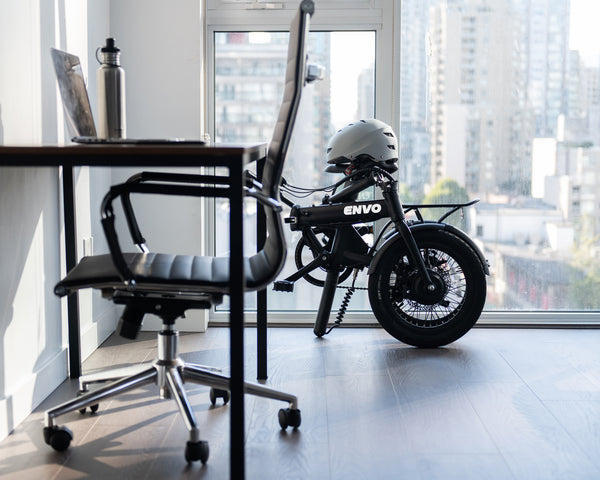
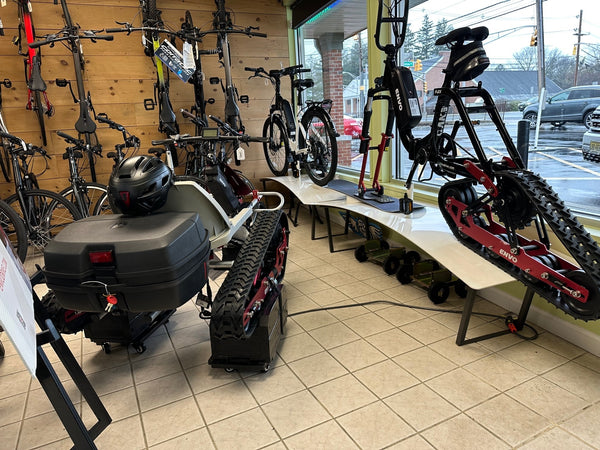
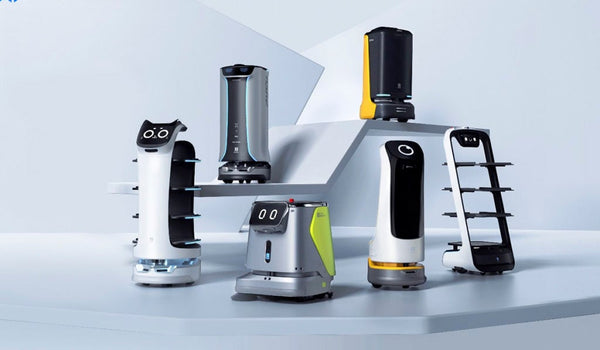
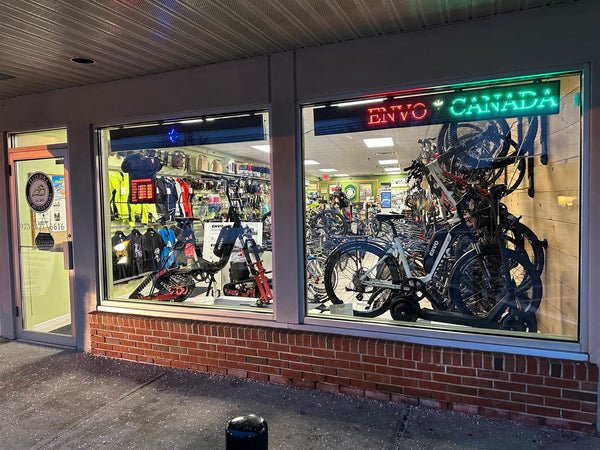
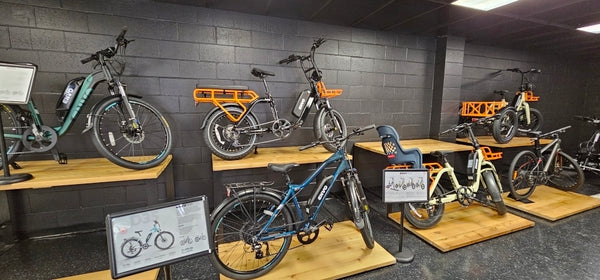
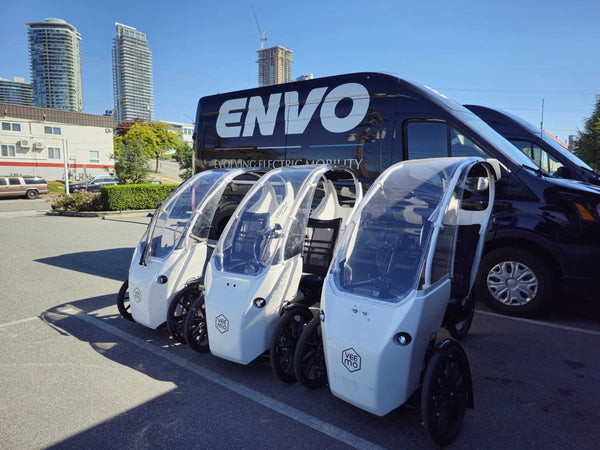



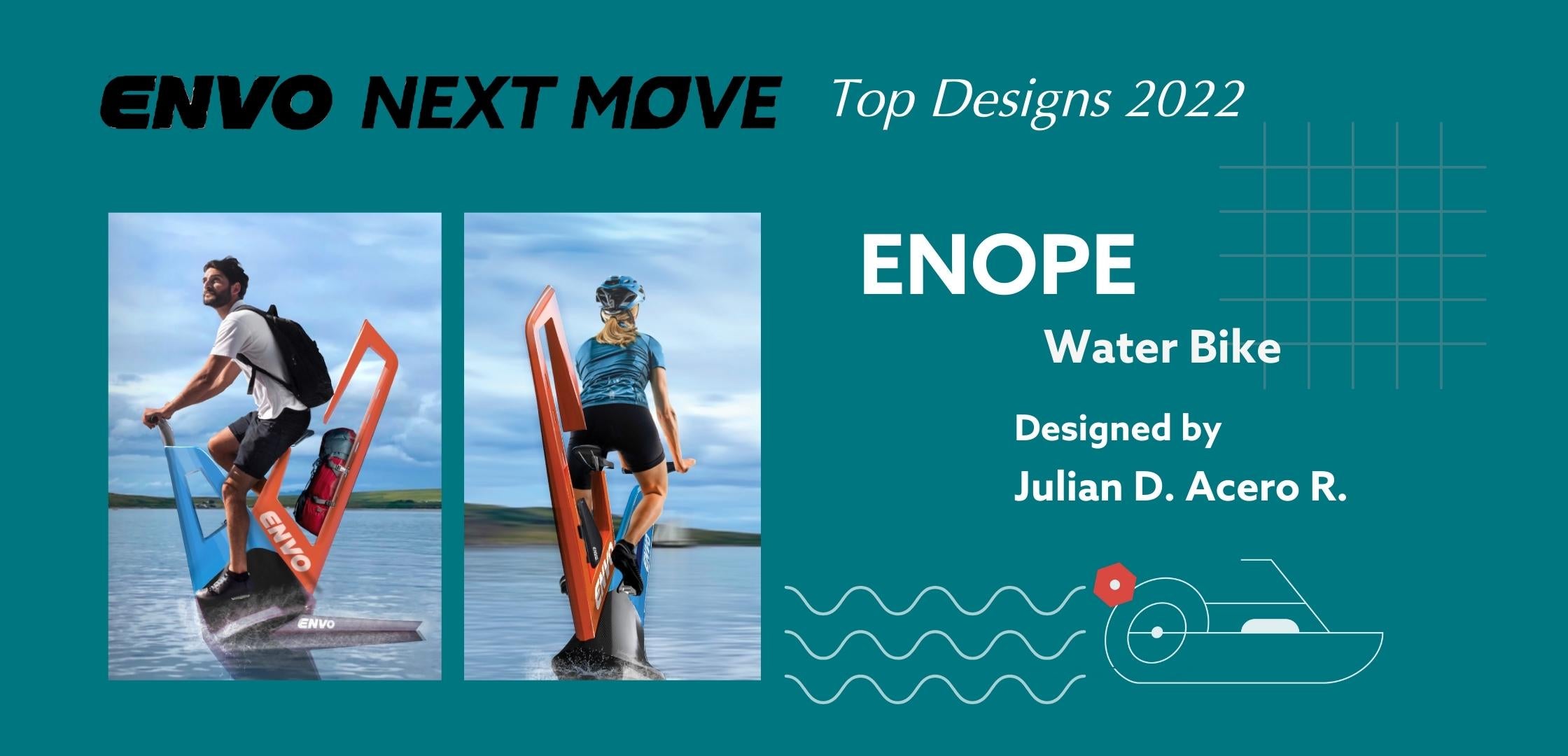
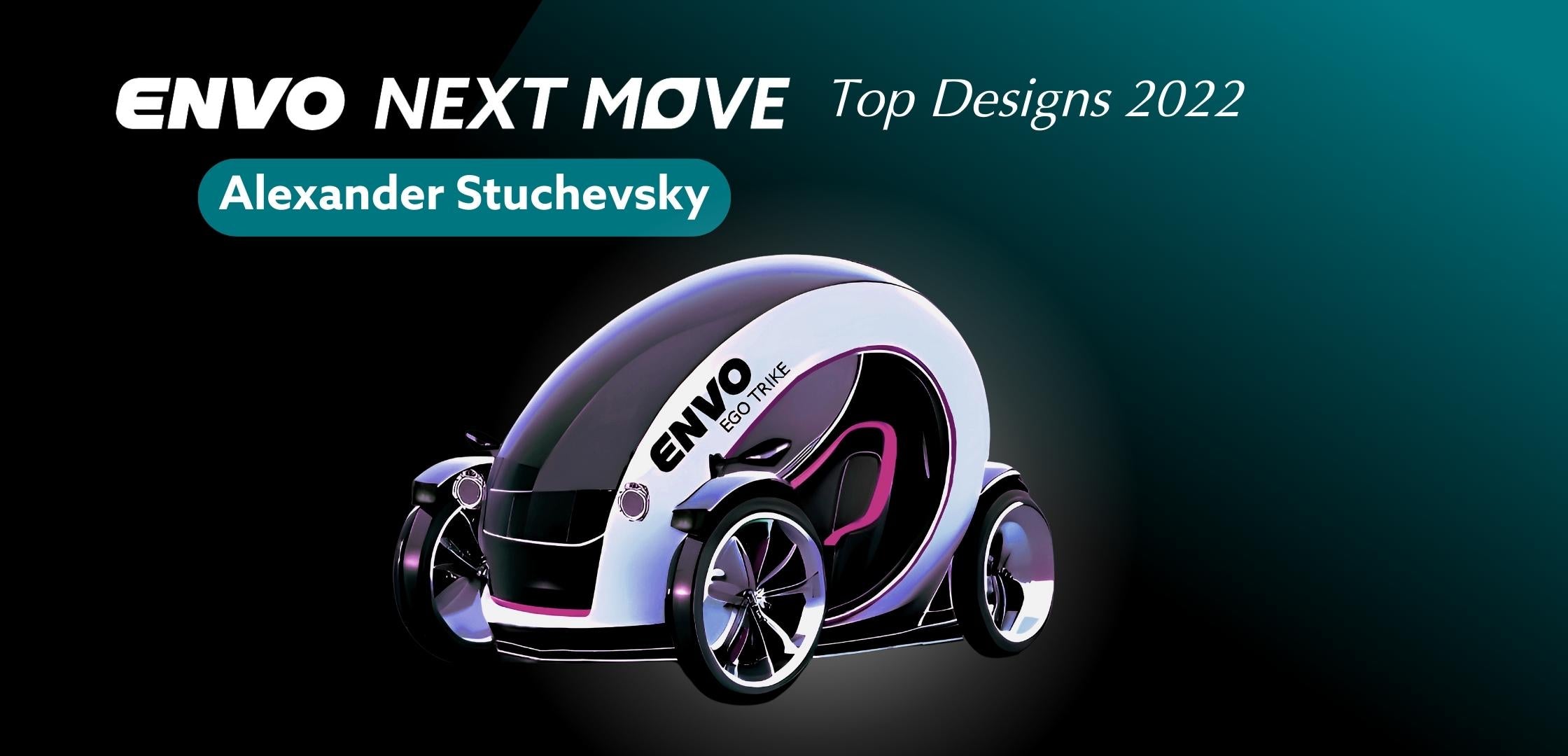
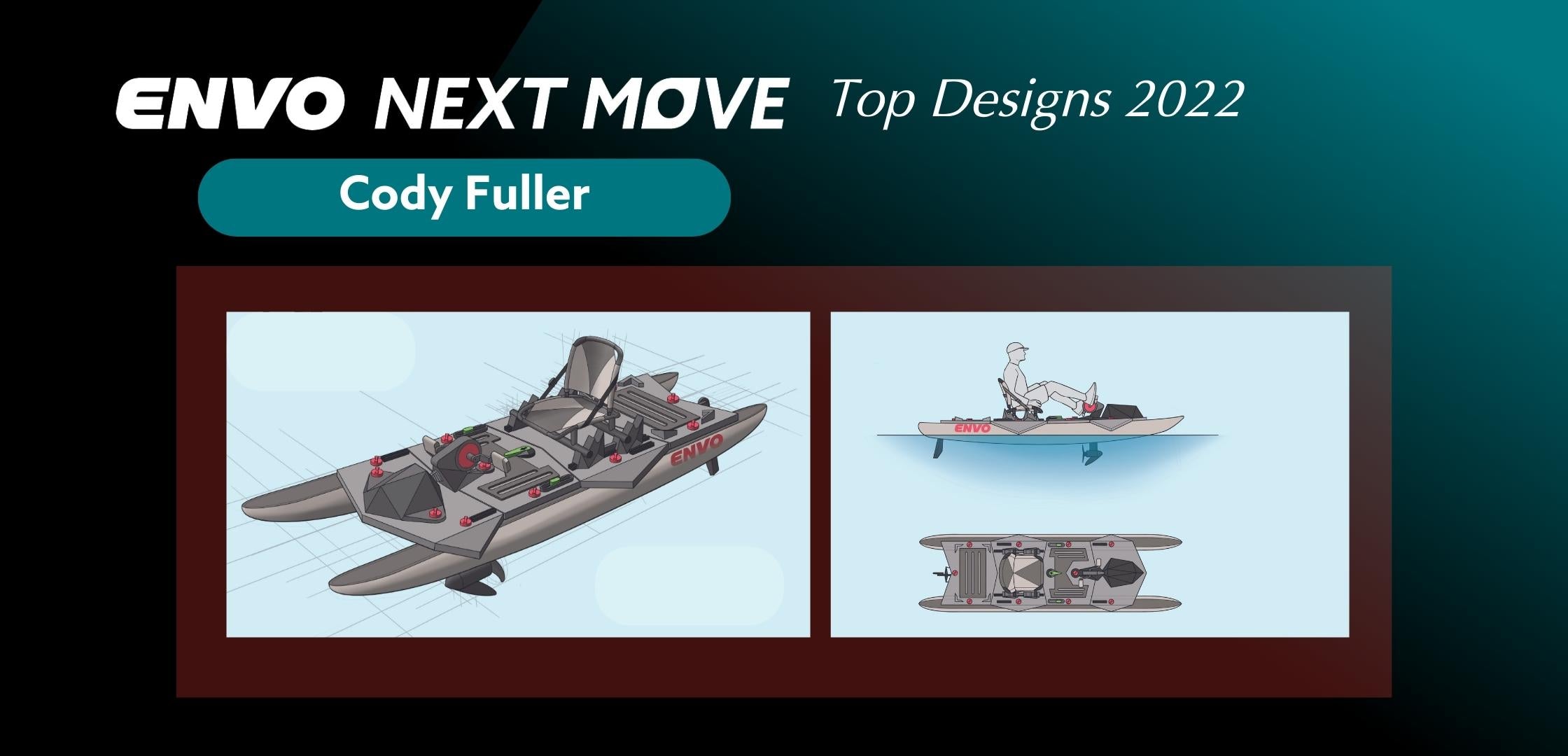
3 comments
Jay
As a dealer how would you communicate to customers that purchased an iGO in the past two years what the status of their warranty would now be? Many customers buy at a local dealer because we help manage their warranty for them. Some customers mistake that to mean that we are the ones providing the warranty. This could cause a lot of confusion and ill feelings between customers and shops!
As a dealer how would you communicate to customers that purchased an iGO in the past two years what the status of their warranty would now be? Many customers buy at a local dealer because we help manage their warranty for them. Some customers mistake that to mean that we are the ones providing the warranty. This could cause a lot of confusion and ill feelings between customers and shops!
ENVO
****
Thanks for your comment. We have edited the blog to reflect the situation. As an industry thought leader, it is customary for us to analyze, review, and present our perspectives on matters that impact the sector. Our blog serves as a platform for informed commentary and professional opinions, which are integral to fostering industry dialogue. The blog is written with the best available sources (all the links added for further study by readers).
****
Thanks for your comment. We have edited the blog to reflect the situation. As an industry thought leader, it is customary for us to analyze, review, and present our perspectives on matters that impact the sector. Our blog serves as a platform for informed commentary and professional opinions, which are integral to fostering industry dialogue. The blog is written with the best available sources (all the links added for further study by readers).
...
You're writing as if the company has a court-appointed liquidator when it has a court-appointed receiver. A court-appointed receiver is not synonymous with bankruptcy; it refers to the management of assets during legal disputes or financial distress, whereas bankruptcy is a formal legal process for debt relief that may involve liquidation or reorganisation. You might want to consult with your lawyer before making such claims in public.
You're writing as if the company has a court-appointed liquidator when it has a court-appointed receiver. A court-appointed receiver is not synonymous with bankruptcy; it refers to the management of assets during legal disputes or financial distress, whereas bankruptcy is a formal legal process for debt relief that may involve liquidation or reorganisation. You might want to consult with your lawyer before making such claims in public.